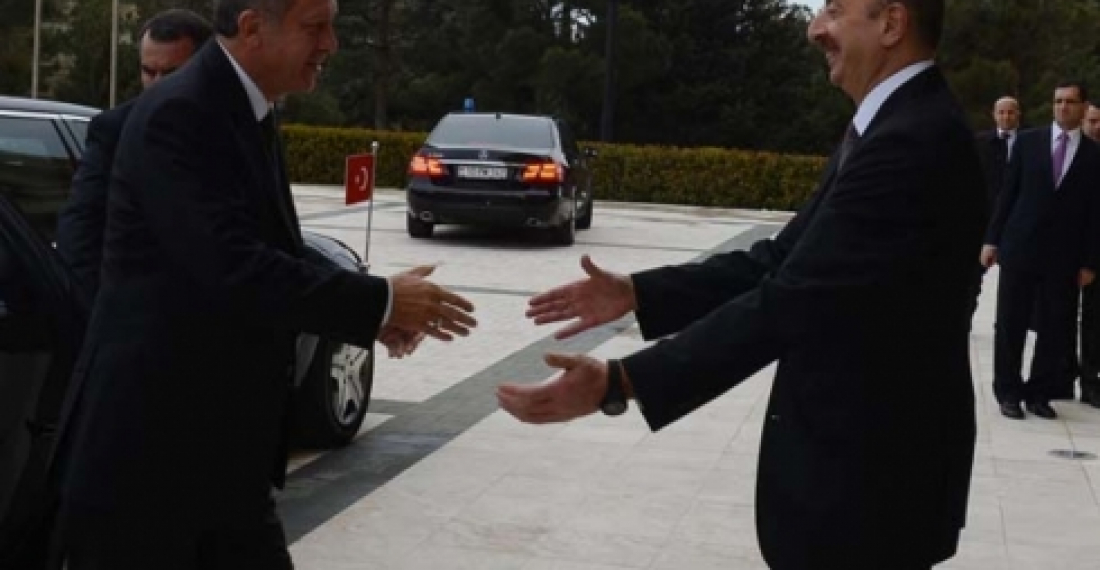The Turkish Prime Minister, Recep Tayep Erdogan on Friday payed an official visit to Azerbaijan for talks with the Azerbaijani President Ilham Aliyev. The visit came only days after Erdogan won an impressive victory in local elections in Turkey which has strengthened his position both domestically and internationally.
Both sides used the opportunity of the visit to pledge support and friendship to the other. This visit was also about tangible co-operation. Turkey and Azerbaijan are at the moment engaged on a number of large projects, especially in the fields of energy and defence equipment.
Speaking to journalists at the end of the visit Erdogan described the talks in Baku as "very meaningful", whilst Aliev said that the visit "was another excellent step for the development of our bilateral relations".
The two sides also discussed the Nagorno-Karabakh issue. In his remarks to journalists Prime Minister Erdogan made it clear that Turkey stood with Azerbaijan on this issue and that nobody should expect concessions on this matter. Continued Turkish support on Karabakh has become critical for Azerbaijan as it continues to engage in efforts to resolve the conflict. The visit came amid intensive media reports that the Turkish government was pushing Azerbaijan to clamp down on the activities of the Hizmet movement in the country. The movement, led by Turkish scholar Fettulah Gulen is currently embroiled in a bitter struggle against Erdogan and his AK party. Erdogan's visit to Baku and the warmth of the welcome and the discussions sent a clear sign that the issue has not marred relations and that Turkish-Azerbaijani relations remain a strategic cornerstone in the current complicated regional setting.
source: commonspace.eu
photo: President Aliev welcomes Prime Minister Erdogan at the Presidential Residence in Baku on 4 April 2014 (Picture courtesy of the AK Party).







